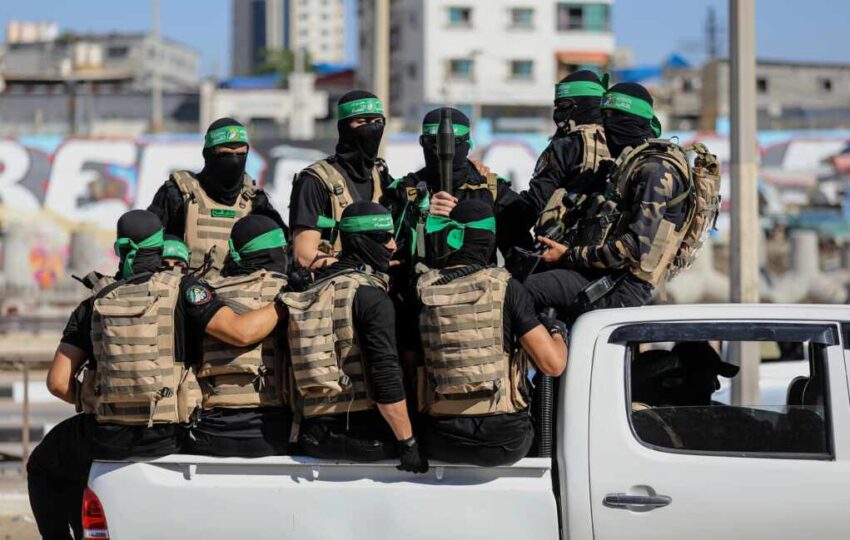A Hamas acceptance of a 60-day truce proposal raises guarded hopes even as deadly Israeli strikes on displaced camps underscore the fragile humanitarian cost.
At a Glance
- Hamas has accepted a ceasefire proposal from mediators, including Qatar and Egypt, involving a 60-day pause in hostilities and phased hostage-prisoner exchanges.
- Israel has not yet responded and continues military operations.
- Israeli airstrikes killed at least eight people in tents for displaced individuals in Khan Younis and four more in Deir el-Balah, according to hospital reports.
- The deal remains unimplemented as of August 19, 2025, and its activation hinges on Israel’s reaction.
Hope Amid Hostage Diplomacy
Hamas’s acceptance of a ceasefire plan on August 19, 2025 represents a significant—but incomplete—step toward de-escalation. The agreement, brokered by Qatar and Egypt with U.S. backing, envisions a 60-day suspension of hostilities during which a phased release of hostages and prisoners would occur.
Watch now: Hamas agrees to the latest proposal for a Gaza ceasefire and hostage release · YouTube
While Hamas acquiesced without requesting changes, Israeli leaders have yet to commit. Israel continues to prepare for further operations, and Prime Minister Netanyahu remains under domestic pressure to ensure full disarmament of Hamas and release of all captives.
Tragedy Amid Pause Talks
Despite the ceasefire framework, violence raged on. Hospitals in Gaza reported that Israeli strikes struck tents sheltering internally displaced people, killing at least twelve individuals across Khan Younis and Deir el-Balah. Such attacks expose the acute vulnerability of civilians in displacement camps and illustrate how ceasefire declarations remain abstract without on-the-ground protections.
A Fragile Peace, a Humanitarian Abyss
The fragile truce proposal offers hope, yet the humanitarian crisis in Gaza is deepening. Aid deliveries remain insufficient, and civilians remain trapped amid bombardment and starvation.
Should Israel endorse the deal, phased prisoner exchanges could reduce suffering. However, without assurances of enforcement and protection, civilian casualties may persist—and ceasefire terms risk being hollow promises.
The coming days are critical: Israel’s response will determine whether the ceasefire can materialize or dissolve into continued conflict and displacement.
Sources
Click this link for the original source of this article.
Author: Editor
This content is courtesy of, and owned and copyrighted by, https://deepstatetribunal.com and its author. This content is made available by use of the public RSS feed offered by the host site and is used for educational purposes only. If you are the author or represent the host site and would like this content removed now and in the future, please contact USSANews.com using the email address in the Contact page found in the website menu.








